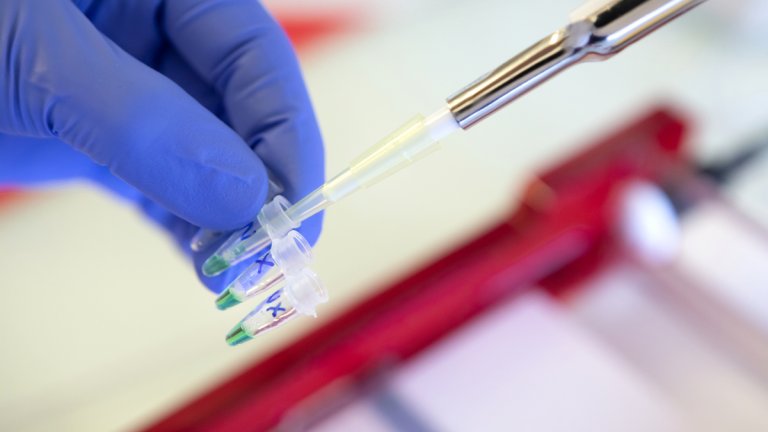
15 media
Add to my selection
The IRMM project aims to characterize the molecular mechanisms responsible for interactions between intra-flagellar transport proteins and molecular motors.

Our work is guided by the way scientists question the world around them and we translate their research into images to help people to understand the world better and to awaken their curiosity and wonderment.